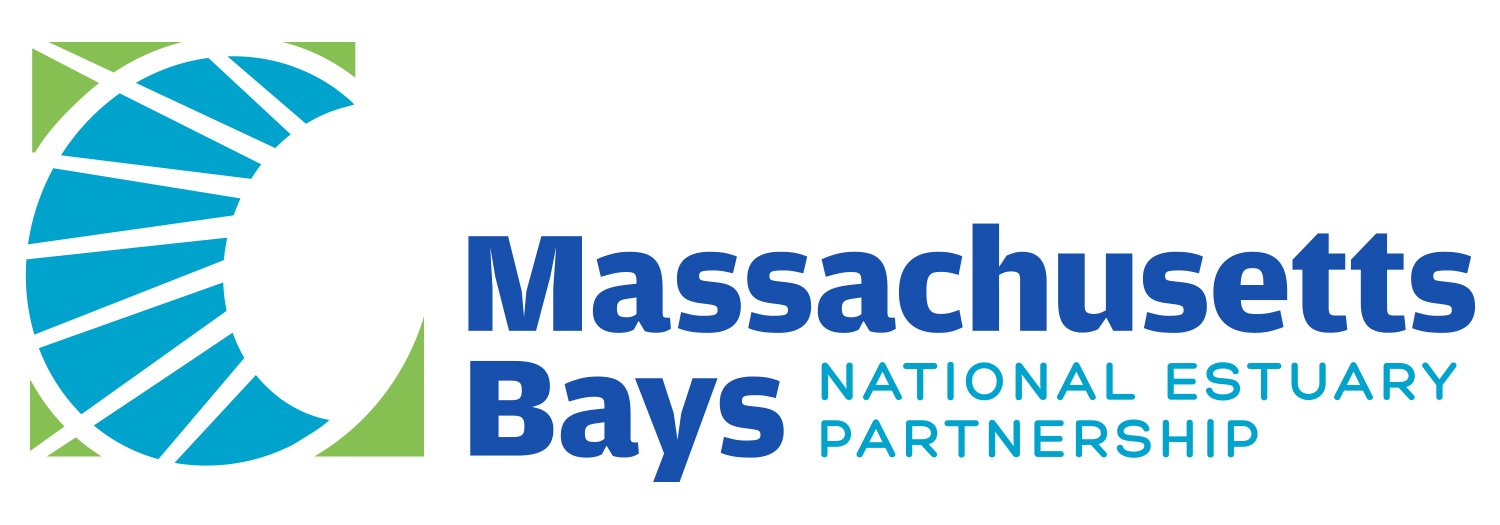Recovery of Eelgrass Zostera marina Following Conversion of Conventional Chain Moorings to Conservation Mooring Systems in Massachusetts: Context-Dependence, Challenges, and Management
Seto, I., Evans, N.T., Carr, J. et al. Estuaries and Coasts (2024). https://doi.org/10.1007/s12237-023-01322-7
Abstract: Eelgrass (Zostera marina) meadows and boat mooring fields co-occur in nearshore, relatively sheltered embayments. Traditional chain moorings create denuded scars in eelgrass meadows due to repeated and chronic scour of the seafloor by the chain, impacting meadow contiguity and quality. This study assessed the recovery of eelgrass into mooring scars following the conversion of traditional chain moorings to floating rode conservation mooring systems (CMS) in three Massachusetts harbors. The magnitude of eelgrass recovery following the conversion of 21 moorings to floating rode CMS was contingent on the location and positively correlated with the size of the scar associated with the mooring. While most scars started to revegetate following mooring conversion, few experienced complete recoveries and had a persistent denuded halo averaging 2 m in radius around the mooring anchors 5 years post-conversion. We observed CMS gear dragging on the bottom and impacting eelgrass when it was oversized for the depth of the site, and when it was not maintained or cleaned of fouling organisms. Overall, we show that floating rode CMS can be an important tool for eelgrass conservation; however, eelgrass recoveries following mooring conversion to floating rode CMS are variable and incomplete, and challenges pertaining to proper installation and long-term maintenance must be addressed to fully realize this potential.
MassWateR: Improving quality control, analysis, and sharing of water quality data
Beck MW, Wetherill B, Carr J (2023) MassWateR: Improving quality control, analysis, and sharing of water quality data. PLoS ONE 18(11): e0293737. https://doi.org/10.1371/journal.pone.0293737
Abstract: The long-term protection and restoration of aquatic resources depends on robust monitoring data; data that require systematic quality control and analysis tools. The MassWateR R package facilitates quality control, analysis, and data sharing for discrete surface water quality data collected by monitoring programs of various size and technical capacity. The tools were developed to address regional needs for programs in Massachusetts, USA, but the principles and outputs can be applicable to monitoring data collected anywhere. Users can create quality control reports, perform outlier analyses, and assess trends by season, date, and site for more than 40 parameters. Users can also prepare data for submission to the United States Environmental Protection Agency Water Quality Exchange, thus sharing data to the largest water quality database in the United States. The automated and reproducible workflow offered by MassWateR is expected to increase the quantity and quality of publicly available data to support the management of aquatic resources.
